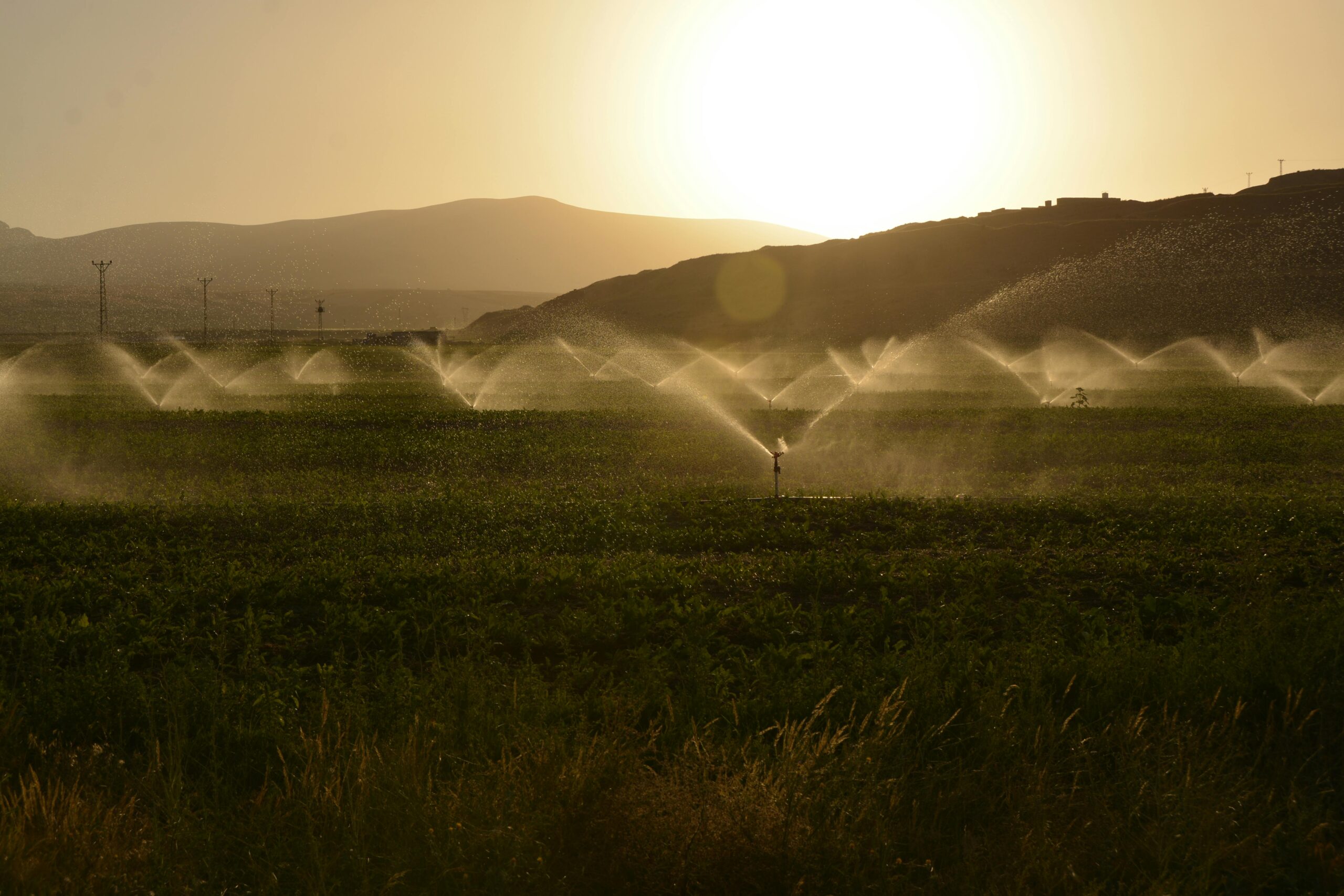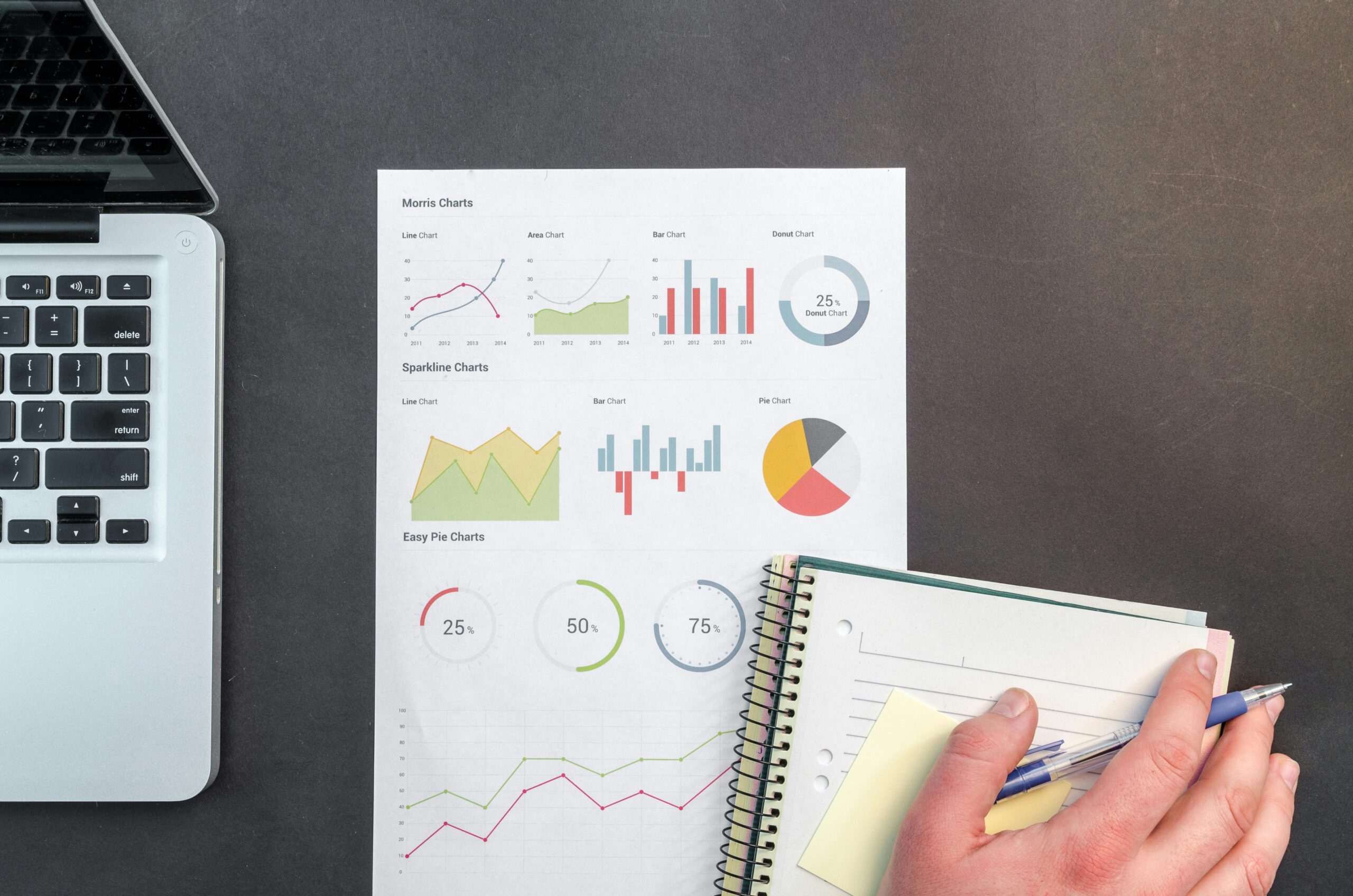
What we achieve
The IDRON project aims to provide innovative and sustainable solutions to tackle water scarcity in rural Mediterranean areas, one of the most pressing challenges exacerbated by climate change. By combining advanced technologies with traditional water-saving practices, the project promotes a dual approach — creating new water sources and optimizing water use — to strengthen the resilience of rural communities and agricultural systems.
At the heart of our mission is the integration of smart water management technologies such as aquifer recharge, smart irrigation, and wastewater reuse, enhanced by digital tools including IoT sensors, biosensors, AI-driven Decision Support Systems, and satellite monitoring. Through this combination, IDRON seeks to transform water management in agriculture, reduce irrigation water consumption, and ensure long-term sustainability and food security in vulnerable rural regions.
The project brings together twelve partners and seventeen associated organisations from Greece, Cyprus, Bosnia and Herzegovina, North Macedonia, Bulgaria, Croatia, Italy, and Montenegro, uniting a wide range of expertise from research institutions, public authorities, and regional development agencies. Pilot actions will be implemented in eight countries, serving as testbeds for scalable solutions that can be transferred across the Mediterranean.
Funded under the Interreg Euro-MED Programme with a total budget of €3.999 million and an 80% co-financing rate, IDRON operates within the “Smarter MED” priority and the RSO1.1 objective: Developing and enhancing research and innovation capacities and the uptake of advanced technologies. As a Strategic Territorial Project contributing to the mission “Strengthening an Innovative Sustainable Economy,” IDRON aligns with the EU’s vision for climate resilience, sustainable resource management, and green innovation.
OUTPUTS

IDRON’s core outputs include the development of a cutting-edge Decision Support System (DSS) that integrates real-time environmental and agricultural data from IoT sensors, biosensors, and satellite imagery to guide water management decisions.
In parallel, the project will create a Scalability and Transferability Framework for water-saving technologies, ensuring that innovative solutions can be replicated across diverse Mediterranean regions.
A central element of the project is the Operational IDRON Living Lab, a collaborative space where farmers, researchers, and policymakers co-develop and test practical solutions for rural water management. Through this participatory approach, IDRON enhances local innovation capacity, strengthens community resilience, and promotes the transition toward more efficient and sustainable agricultural systems.

